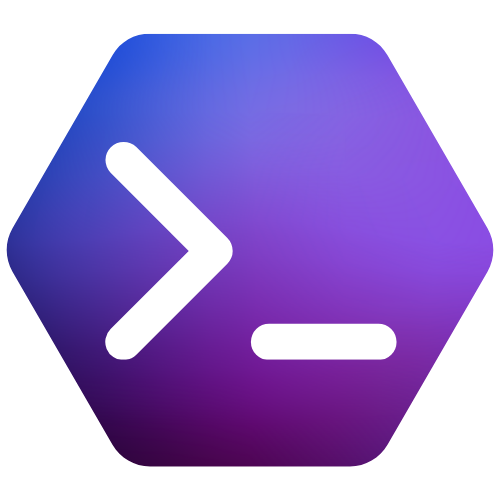CDK TypeScript Rules
Naming Conventions
- Use camelCase for variable and function names.
- Use PascalCase for class names and interface names.
- Use camelCase for interface members.
- Use PascalCase for type names and enum names.
Type System
- Avoid using the
anytype as it defeats TypeScript’s type checking - Use specific types or create custom types when needed
- Use union types when a variable can only be one of a limited set of values
- Use destructuring on properties to extract multiple pieces of data from an array or object and assign them to new variables.
- Use the let keyword to declare a local variable instead of using the var keyword
- Always define return types for functions to make the API contract clear
- Use
Partial<Type>when all properties of a type should be optional - Use
Required<Type>to make all properties of a type required - Use
Pickto create a type with only the properties you need
Interfaces
- Use interfaces to standardize construct or stack properties ensuring that callers provide the expected parameters.
- Avoid empty interfaces
- Mark interface properties that should not be modified after initialization as
readonly
Enums
- Use enums to define sets of related constants
- Export enums at the global level for reuse
- Prefer string enums over numeric enums for better debugging and readability
Linting and Formatting
- Use ESLint to identify issues. Fix them immediately
- Use Prettier as code-formatter
Install Project Rule
Add this rule to your project's context:
1. Download to project rules:
mkdir -p .amazonq/rules && curl -o .amazonq/rules/cdk-typescript-best-practices.md https://promptz.dev/rules/cdk/cdk-typescript-best-practices/index.md